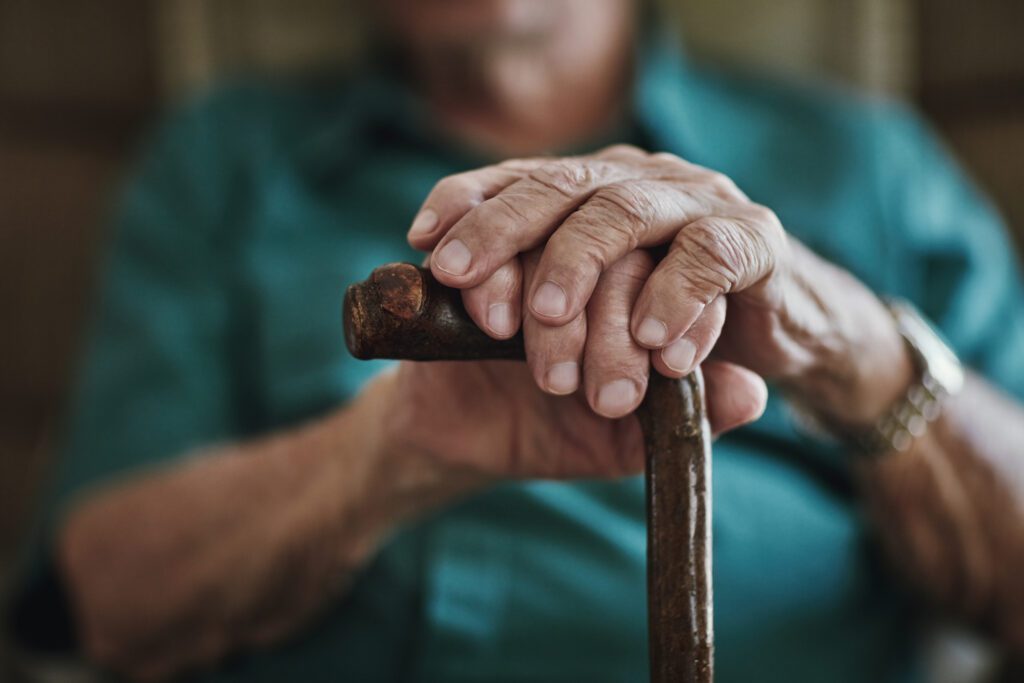Elder Neglect & Lack of Adequate Hydration Throughout Pennsylvania
Dehydration is a common problem for older adults and is associated with increased morbidity and mortality. Unfortunately, it is frequently overlooked, especially in the hospital and nursing home environments. In one study, researchers studied 21,000 patients aged 65 and over. Of these patients, 432 had high sodium levels and 1,413 died of dehydration.
When you trust your loved one’s care to another individual or institution, or when you expect adequate care from medical professionals, dehydration should not come into the picture.
If the negligence of staff or health care providers led to dehydration in you or a beloved older adult, please contact Gay Chacker & Ginsburg Trial Lawyers right away.
Consequences of Dehydration
A healthy body only functions well if it has an adequate amount of fluid, and our bodies lose kidney function as we age, reducing the amount of liquid we conserve. In cases of illness, including vomiting and diarrhea, dehydration can happen very quickly and may result in much more serious ailments. Additionally, any medications that help with high blood pressure or mood can interrupt the delicate balance of fluids in the body.

Proper hydration helps maintain blood pressure and body temperature and allows waste to be eliminated from the body. In older adults, many of these systems have slowed down, so hydration is especially important.
If a patient’s diet is neglected by a caregiver or nurse, they can easily become dehydrated, and they likely will not experience symptoms until something is seriously wrong. Drinking dehydrating substances like coffee, tea, and alcohol can make patients feel satiated while increasing their risk for dehydration.
Any mishandling of an elderly patient’s diet that leads to dehydration may be cause for legal action.
What Are Your Rights When a Loved One Suffers From Dehydration?
Patients who are hospitalized or reside in nursing homes typically have trouble caring for themselves. To help prevent dehydration in the elderly, a caregiver, physician, or nurse is assigned to help them manage their diet and medication, thus regulating their nutrition and hydration.
If this person fails to uphold their responsibilities, the institution they work for may be held liable for any adverse effects.
Dehydration symptoms in the elderly include:
- Low blood pressure
- Sunken Eyes
- Confusion
- Depression
- Darker urine
- Dry mouth
- Shortness of breath
- Overall frailty or weakness
Fighting on Behalf of the Victims
Our dehydration lawyers in Philadelphia stand up on behalf of the elderly and their families. We identify the sources of negligence at nursing homes and hospitals and help ensure the appropriate parties compensate you for their wrongdoings.
At Gay Chacker & Ginsburg Trial Lawyers, we are extensively experienced in Philadelphia tort law and will work hard to win your case.
You have a right to quality care and are entitled to compensation if this care is withheld or handled negligently.
Prolonged dehydration can result in:
- Severe urine infections
- Weakness
- Pneumonia
- Confusion
- Bedsores in bedridden patients
- Death
Any of these situations will cause immense pain and suffering, as well as other losses.
Our attorneys can help you offset the damage by pursuing a settlement or verdict on your behalf or on behalf of your family members.








